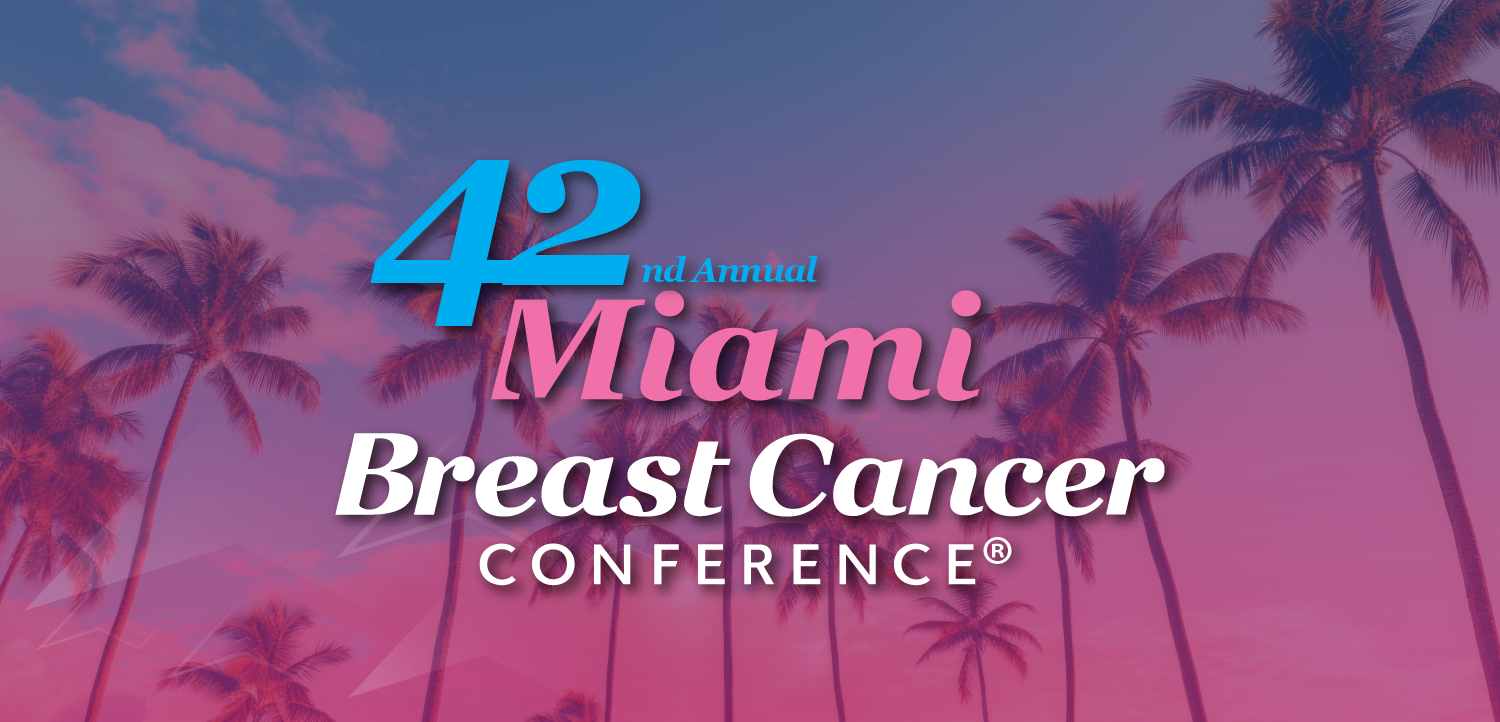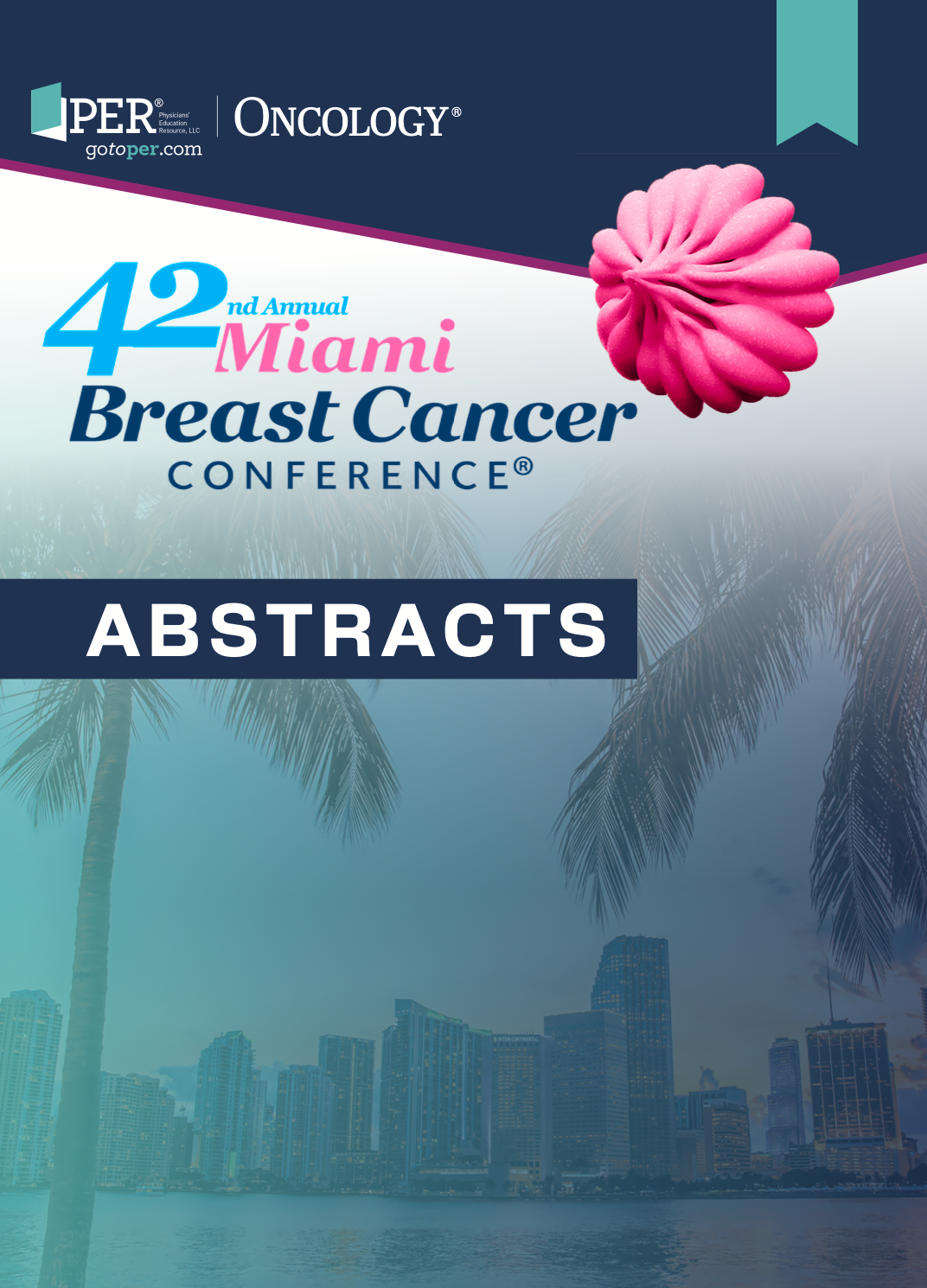88 Eflapegrastim, a Long-Acting Granulocyte Colony–Stimulating Factor, Administered the Same Day as Chemotherapy in Patients With Early-Stage Breast Cancer: Results From a Multicenter, Open-Label Study
88 Eflapegrastim, a Long-Acting Granulocyte Colony–Stimulating Factor, Administered the Same Day as Chemotherapy in Patients With Early-Stage Breast Cancer: Results From a Multicenter, Open-Label Study

Background
Patients with early-stage breast cancer receiving docetaxel and cyclophosphamide chemotherapy have a risk of severe neutropenia and febrile neutropenia. The National Comprehensive Cancer Network recommends GCSF to reduce the risk of febrile neutropenia. Eflapegrastim—a novel, long-acting, recombinant human GCSF linked to human IgG4 Fc fragment—showed improved bone marrow residence vs pegfilgrastim that may allow for same-day dosing. In the phase 3 trials ADVANCE (NCT02643420) and RECOVER (NCT02953340), eflapegrastim administered about 24 hours post docetaxel and cyclophosphamide was noninferior to pegfilgrastim in reducing the duration and incidence of severe neutropenia. This study evaluated the safety of a same-day dose of eflapegrastim.
Materials and Methods
This multicenter, open-label phase 1 study (NCT04187898) enrolled patients with confirmed early-stage breast cancer (stage I-IIIA), aged 18 years or older who were candidates for docetaxel and cyclophosphamide. Patients received subcutaneous eflapegrastim (single, fixed dose of 13.2 mg [3.6 mg GCSF]) 0.5 hours ± 5 minutes post docetaxel and cyclophosphamide (docetaxel 75 mg/m2 plus cyclophosphamide 600 mg/m2). Primary end point: time to recovery of absolute neutrophil counts (ANC) from nadir to ≥1.5×109/L in cycle 1. Secondary end points: incidence of severe neutropenia (ANC <0.5×109/L) and febrile neutropenia (ANC <0.5×109/L and temperature >38.3oC or 2 consecutive readings ≥38.0oC over 2 hours), duration of severe neutropenia, and incidence of neutropenic complications (anti-infective use/hospitalization). Treatment-emergent adverse effects (TEAEs) of interest are reported here.
Results
Fifty-three patients (mean [SD] age: 62.7 [11.9] years; female: 100%) from 13 US sites, were enrolled (White: 62.3%; Black: 9.4%; others: 28.3%). Patients were relatively healthy (ECOG 0, 52.8% [n = 28]; ECOG 1, 47.2% [n = 25]). Efficacy in cycle 1 was evaluable in 49 patients, with mean (SD) time to ANC recovery: 1.8 (1.1) days; incidence of severe neutropenia: 42.9% (n = 21); mean (SD) duration of severe neutropenia; 0.7 (0.9) days; and incidence of febrile neutropenia: 2% (n = 1). No neutropenic complications occurred during the study. Safety was assessed in all 53 patients who received 1 or more doses. Overall, 43 patients (81.1%) experienced any TEAEs of musculoskeletal pain. Common musculoskeletal TEAEs in 10% or more of patients: bone pain (52.8%; n = 28); back pain (26.4%; n = 14), pain in extremity (20.8%; n = 11); arthralgia (17.0%; n = 9), and myalgia (13.2%; n = 7). No deaths occurred during the study.
Conclusion
Eflapegrastim given on the same day as docetaxel and cyclophosphamide chemotherapy may reduce the time to ANC recovery and related complications in early-stage breast cancer. The AEs observed were consistent with those observed with other GCSF products.
